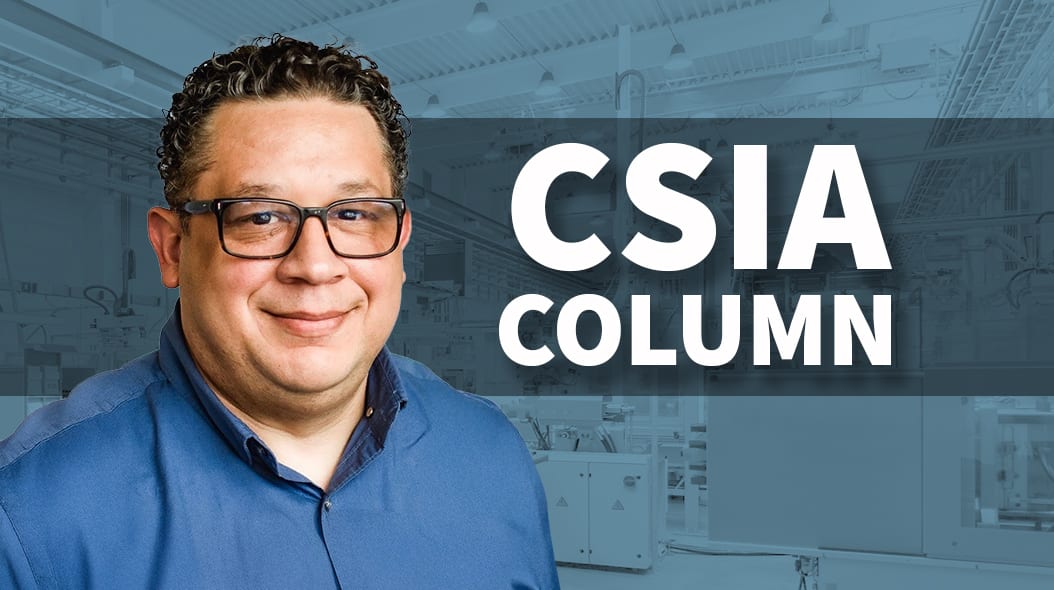Face of Quality
Jim L. Smith
Face of Quality | Jim L. Smith
Quality professionals need to shift focus to short-term results.
Shift Focus

Many quality professionals focus on the longer term, and while that does help the organization, it can put them at cross-purposes with top management who focus more on the shorter-term. I realize this is not what a lot of top managers will normally emphasize, but watch their actions, especially in a down market when available money is tight. Reality tells a different story.
To further that thought, read some of the late Philip B. Crosby’s or Dr. W. Edwards Deming’s writings. I had a conversation during lunch with Mr. Crosby on a very cold February Sunday in Cleveland years ago (1993) about several concepts, but the ‘language of management’ was one of those topics.
As many followers of the quality giants know, Mr. Crosby was vice president of quality at ITT for several years, so he spent a lot of time in the boardroom. He was serious when he related a story, although a bit humorous, about executive discussions about money. Phil said executives always talked about money, making more money, and not losing money. He smiled and said there was a fourth point, but he couldn’t remember the particulars.
Since quality professionals serve at the behest of senior management, we must do what’s possible to help them succeed. Quality professionals need to shift to improvement methods that give short-term results.
Based on my decades of experience in the quality profession, I became increasingly convinced that the root cause in most quality issues was a short-term focus on profits by top management. I can add that in my years of management consulting, nothing has changed my perceptions.
Experts like Crosby, Juran, Fiegenbaum, and Deming had already discovered this. You will recall that Dr. W. Edwards Deming named “Emphasis on short-term profits” the second item on his list of Seven Deadly Diseases the Management Must Cure.
Would you accept a project that paid very little for two years, and you had to wait two years for the ultimate windfall?
What I came to realize, though, is that many quality professionals generally take the wrong strategy with this issue. When faced with top management’s lack of support, many quality professionals say, “There isn’t much we can do if management has a short-term focus.” Then, having found a perfectly good excuse and suitable person(s) to blame, they wash their hands of the problem.
My experience working with smaller companies has shifted my perspective. These companies would love to deploy elaborate quality improvement methods, but they just don’t have enough resources, time, or money. Smaller businesses need short-term profits to survive. At the other end of the spectrum, large companies need quick, large profits to keep their shareholders happy. This isn’t ever going to change!
You need short-term profits also. Let’s take the situation of a long-term quality improvement project and turn it around. Say a senior manager comes to you and says, “We have a great two-year project for you to work on that should help the company save lots of money. Your pay for this project will be good, but the bulk of your income will be withheld until the project is completed and the proposed results have been achieved.” Would you accept a project that paid very little for two years, and you had to wait two years for the ultimate windfall? I would think most everyone would not!
Top management essentially feels the same way about long-term quality improvement projects.
Within organizations, top management and the quality department have a customer-supplier relationship. If top management asks for improvement projects that have a short-term focus, then the group driving that improvement should provide this and not tell the customer they are wrong. If there are other longer-term options that might give better results, those should be presented to top management, but the customer, top management, still gets to define their needs.
The quality profession needs to change and adapt in two ways.
First, quality professionals need to break down long-term projects into sequential short-term projects that have visible results. When top management sees a plan for a steady stream of short-term, tangible successes, they will become advocates. This mitigates the risk for top management by making the initial investment minimal and gives them the ability to quickly kill a project that fails to deliver.
The second change is that quality professionals need to develop methods that deliver quick results. Improvement specialists need to be trained to look for projects that are quick to fix. Such retraining takes away the tension between top management and the quality department, and positions quality improvers as people of strategic importance rather than necessary overhead.
